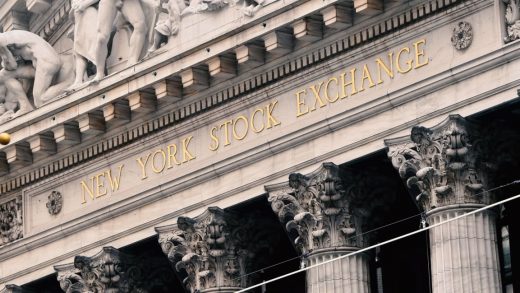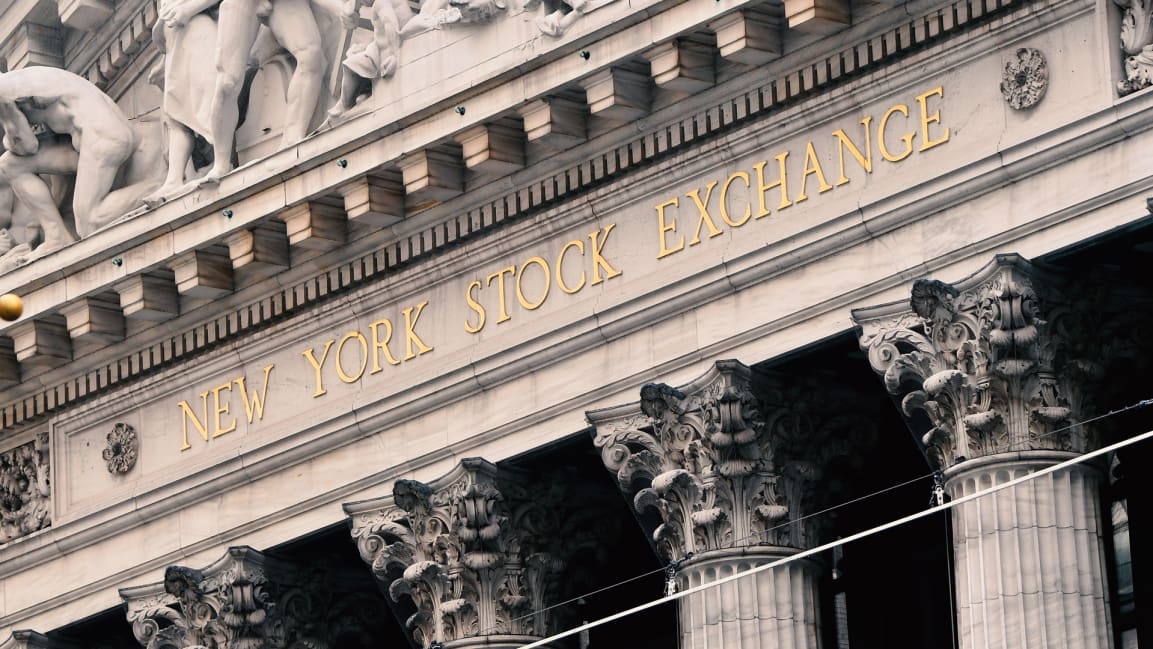Figs IPO: the healthcare apparel company goes public today on the NYSE under the ticker FIGS
By Michael Grothaus
May 27, 2021
The healthcare apparel company Figs, Inc has its initial public offering today. Figs will IPO on the New York Stock Exchange under the stock ticker symbol FIGS (of course). Figs stock already made headlines earlier this week when Robinhood allowed retail investors (us mere mortals–not big banks and funds) to buy the stock before the debut.
But when FIGS goes live on the NYSE today, it will be available to all–not just institutional investors and Robinhood users. Here’s what you need to know about the Figs IPO:
What is Figs? It’s a healthcare apparel company that was founded in 2013. The company sells uniforms and other accessories to healthcare workers, such as nurses, doctors, and medical students, directly. The company was founded by Heather Hasson and Trina Spear, who are now its co-CEOs.
What is FIGS IPO stock price? Figs priced its IPO shares at $22 on Wednesday night, reports MarketWatch. That’s actually an increase from the initial $16 to $19 IPO price range estimate. The rise in the IPO price means Figs and its underwriters (the big banks) believe there is demand for the stock.
How many FIGS shares will be available? 26.4 million shares of FIGS will go on sale today. That’s also a rise from the 22.5 million shares the IPO was originally planning to offer.
What is Figs worth? The company is firmly in unicorn territory. On an equity basis, the company is believed to be worth around $4.4 billion.
How is Figs different than other apparel companies? Most apparel companies are designed to sell goods to consumers, whereas Figs sells apparel to healthcare workers. As Figs’s prospects explains: “Unlike most other categories in the apparel sector, the healthcare apparel industry is largely non-discretionary, recession resistant and much less susceptible to fashion or fad risk.” In other words, no matter if the economy is going through a boom or bust—or a pandemic—healthcare workers always need to buy apparel for their job. That means Figs can more easily rely on a steady stream of sales than discretionary apparel providers.
(34)



